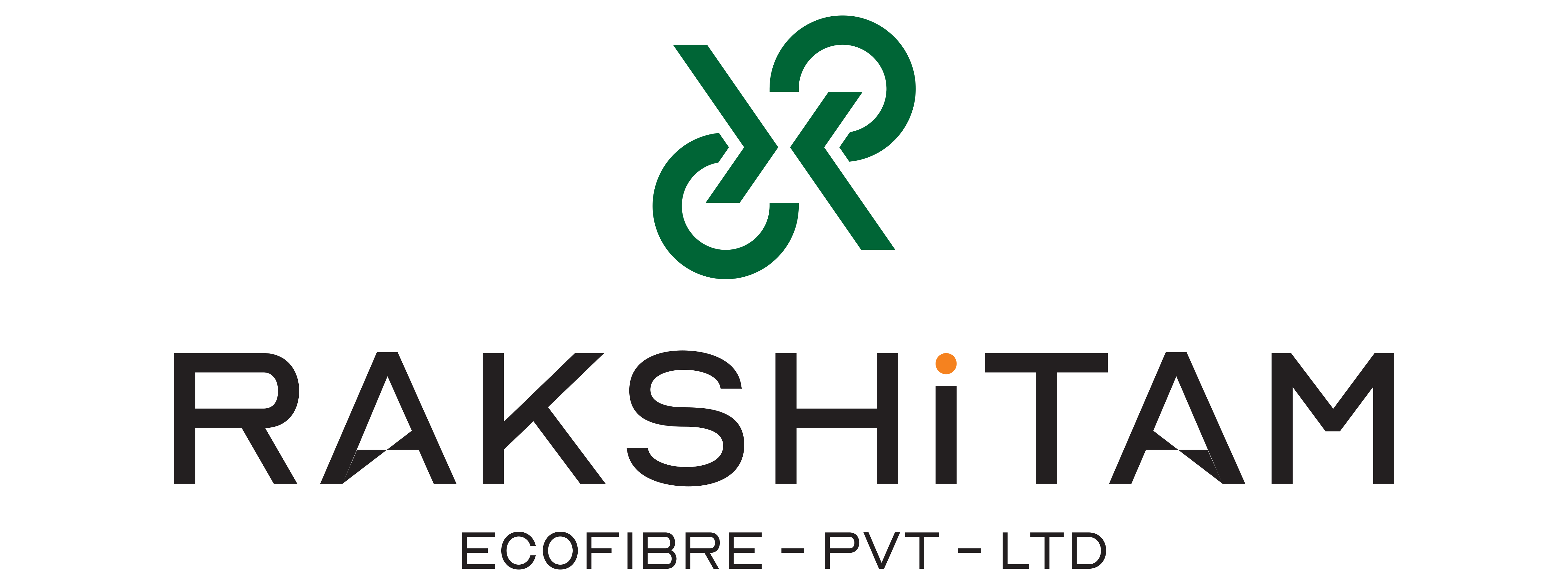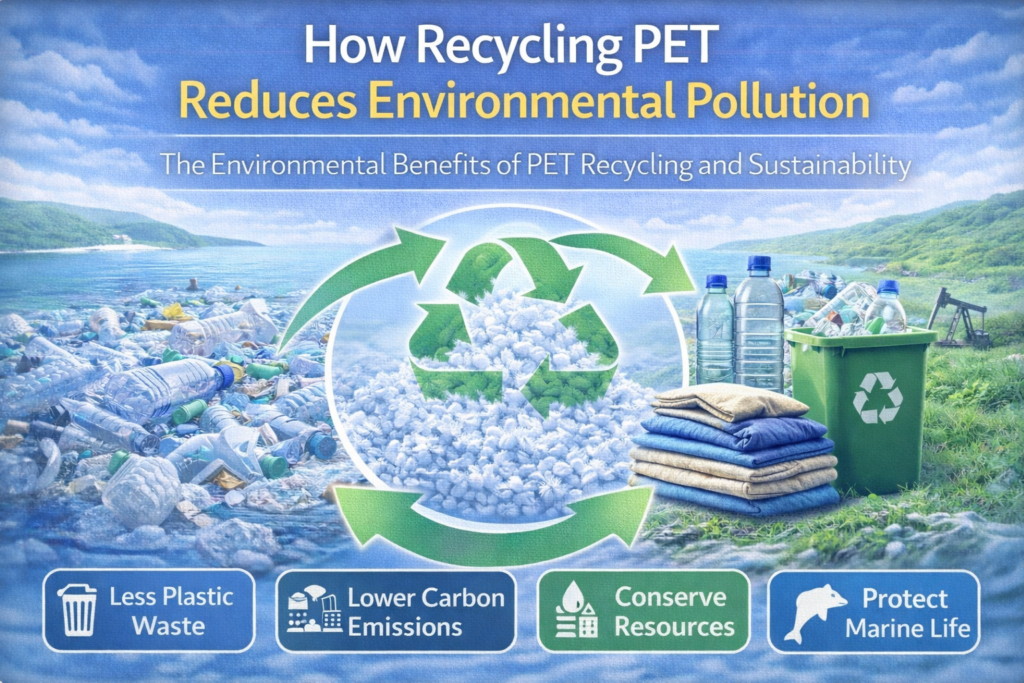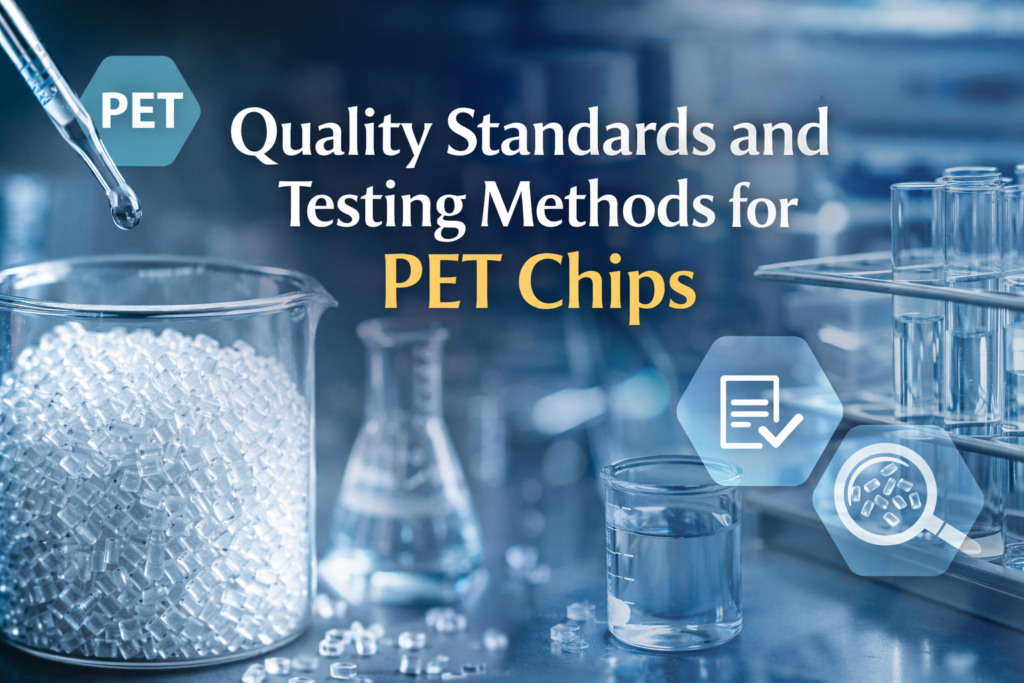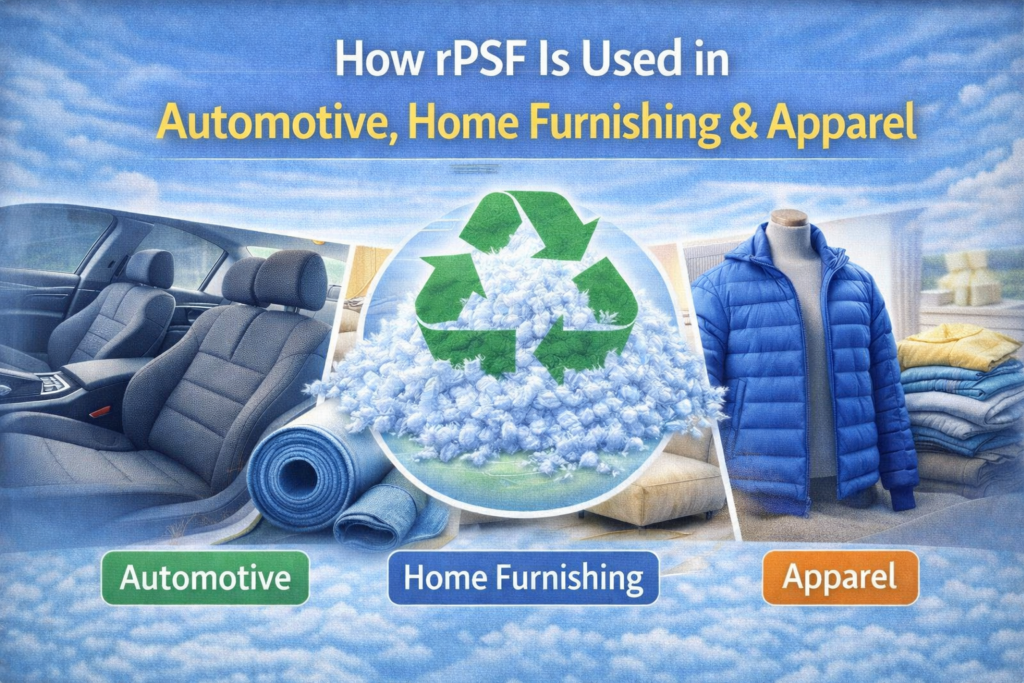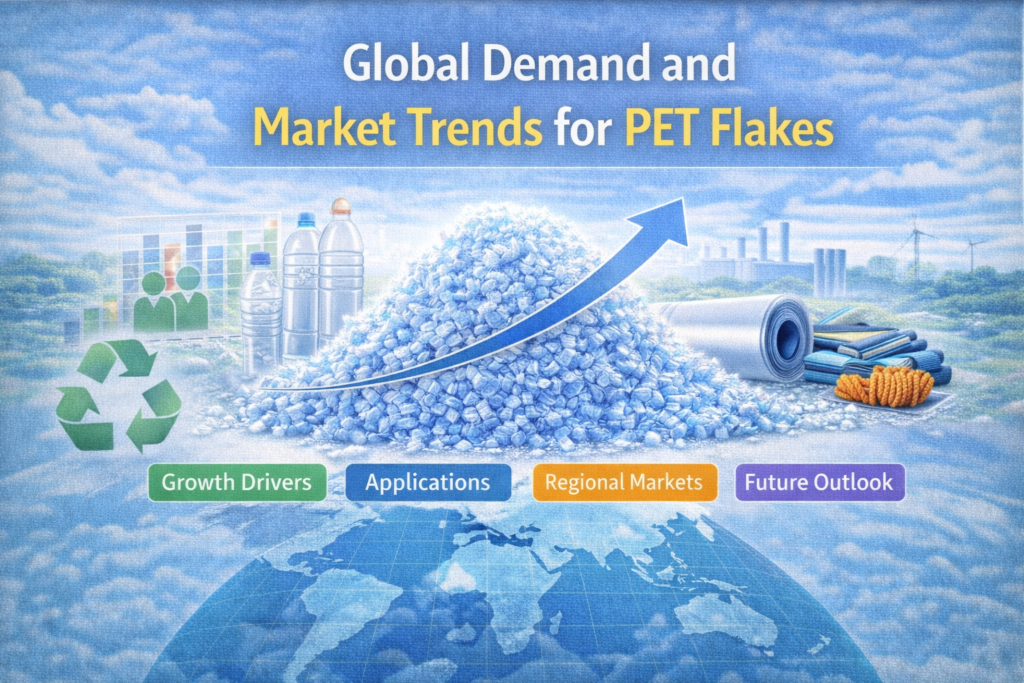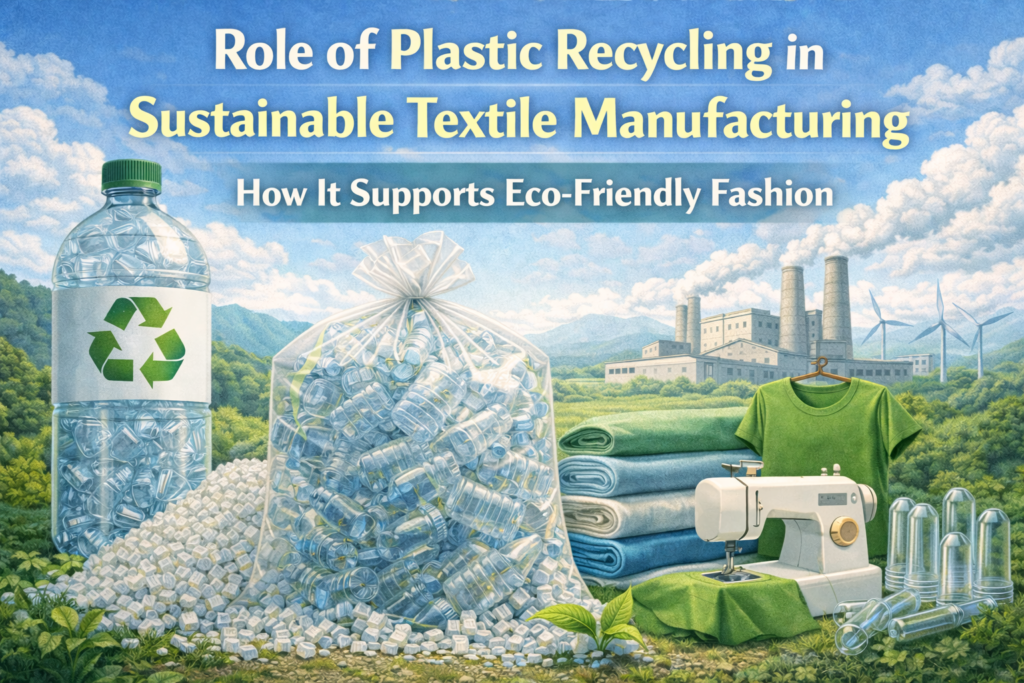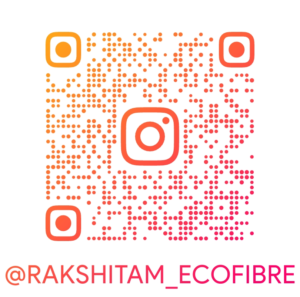Sustainability is now a core aspect of every industry. Due to the ever-increasing need for environmentally friendly solutions and recycled plastics, flakes of recycled PET (rPET) white and green are quite useful in terms of solutions. They are recycled from PET bottles and plastic wastes and are transforming the food-grade packaging and textile manufacturing industries. The objective of this post is to explain the uses of rPET white and green flakes, their advantages, and their importance in helping achieve sustainability.
What are rPET white and green flakes?
rPET flakes are a product of post-consumer PET bottles. They need to go through a washing and crushing stage, which will determine if they will be white or green flakes.
White flakes- Transparent bottles are processed into white flakes which are used in textile manufacturing as raw materials for production of fibres, yarn, and fabrics.
Green flakes- Recycled bottles also yield green flakes which are used in packaging industry for production of bottles, containers and sheets.
The use of rPET fosters the concept of the circular economy as it reduces the use of virgin plastic and transforms waste materials, such as PET bottles and plastic waste, into valuable raw plastics.
Applications of rPET in Textile Production
1. Production of Fibre and Yarn
The rPET white flakes are processed into polyester fibres and yarns, which are used in clothing, sportswear, and industrial textiles. Leading global fashion brands are adapting to the use of rPET fabrics in order to reduce the carbon footprint of the clothing industry.
2. Home Furnishings
From curtains and carpets to upholstery and cushions, rPET fibres offer durability and softness and thus are suitable for home textiles.
3. Nonwoven Fabrics
rPET flakes find extensive application in the manufacture of nonwoven geotextiles, filtration, medical textiles, and sanitary products.
4. Industrial Applications
The textile industry also applies rPET in ropes, car seats, car interiors, and insulation, which improves its applicability and makes it more efficient as a resource.
Use of rPET in Packaging Production
1. Packaging for Food
With advanced recycling technology, food-grade packaging safe for use in drinks, dairy products, and edible oils can be produced from rPET green flakes.
2. Containers and Bottles
Green flakes are commonly employed in producing bottles for water, juices, soft drinks, and household products.
3. Sheets and Films
rPET flakes are processed to create sheets and films, which are utilized in packaging trays, clamshells, and other food protection packaging.
4. Sustainable Packaging Solutions
With an increasing more consumers opting for eco-friendly products, rPET-based packaging is helping companies reduce plastic waste and meet international environmental standards.
Advantages of rPET White & Green Flakes
- Environmental Safety: Prevents billions of plastic bottles from reaching oceans and landfills.
- Value for Money: Helps save money by reducing the demand for expensive virgin PET.
- Resource Savings: Saves energy and petroleum resources compared to manufacturing virgin plastic.
- Brand Reputation: Businesses that use rPET attract environmentally conscious customers and are in line with sustainability certifications.
The Future of rPET in Textiles and Packaging
The rPET market is expected to grow significantly. Governments and industries are calling for recycling policies, while global brands are making pledges to include more recycled content in their supply chains. With advances in recycling technology, rPET will increasingly move into premium textiles, food-grade packaging, and even industrial-grade use.
Also Read: Benefits and Future of Using Recycled Polyester Staple Fibre (RPSF)
Conclusion
Applications of rPET white & green flakes in textile and packaging production demonstrate how recycling can build a greener future. Whether in fashion and interiors or bottles and food-grade packaging, rPET is showing itself to be a sustainable, affordable, and environmentally friendly solution. Industries can lower waste, save resources, and help make the planet cleaner by embracing rPET.
